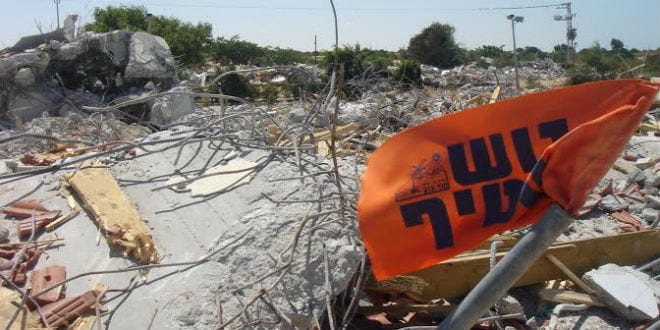
Inner Peace and World Peace
I have a confession: my Facebook feed is nothing more than a pro-Israel echo chamber. My friends post heartbreaking bios of people who were massacred in their homes and families that were torn apart when their children were taken hostage on October 7th, and I share and repost, with tears in my eyes. There are occasionally longer posts by people who take on the Pro-Palestinians, debating people who support Hamas. But none of my friends have been from that camp. In real life, I live in Israel and I am one of Israel’s people. I have been to a Shiva house for a grieving family whose son fell in battle. My circle of friends gather together and pray for the hostages. We cry daily over the lost soldiers and prepare mountains of food to bring to the IDF. It is clear which side I am on.
Early on in the war, I went looking for an argument. I heard about the Harvard student groups and was perplexed. I thought, “How could this be? Anyone with half a brain understands that the attack on Israel was unimaginably grotesque and immoral– how could such a large group of intelligent young people be so completely off-base?” So I found some people complaining on a Jordan Peterson Tweet that he should not be supporting Israel, and I engaged them in a Facebook debate. I like Facebook debates, since they help me to clarify what I think and sharpen my view, maybe even change it to some extent at times. What I found is something I have heard quite a bit of lately. People see that the war between Israel and Hamas is not a fair fight. Innocent Palestinian civilians are being killed by what is clearly a superior military. Its appearance is a simple victim-bully setup.
I’ve heard the argument made since then that an IDF victory, “is not going to help.” The ‘pro-Palestinians” claim that the Palestinians who survive will only be more radicalized. “You can’t end this with war,” they reason, adding that Americans should know this , since they saw ISIS emerge after Al-Queida.”
I’m sympathetic to this argument. I can even empathize,imagining the pain and trauma that Palestinian children are experiencing. Their homes are destroyed, they can’t find safety anywhere, and their families are at best, displaced, if they are intact at all.
The trouble is “So, what is the answer?” Israel disengaged from Gaza in 2005, judging that it was too dangerous to live side-by-side. Since the disengagement, Gaza has done nothing but fire rockets at us and attack civilians. Hamas, the official government of Gaza, has a policy of funneling humanitarian aid towards terrorism. They destroyed the profitable state-of-the-art greenhouses that Israel left for them and chose instead to train their young children to hate Jews. Their leaders declared over and over again that while the Jews love life, they love martyrdom. That is a policy that they are holding on to. It’s a value system that makes peaceful coexistence impossible.
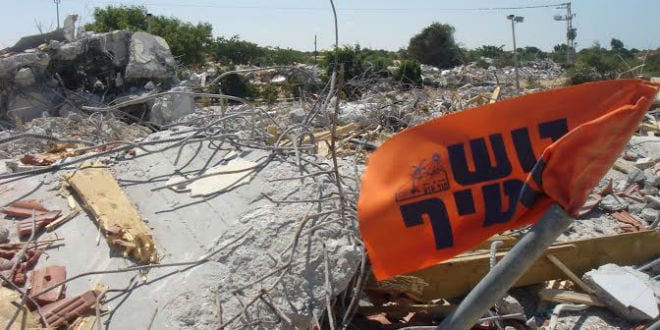
For the sake of full transparency, I’m not a political analyst. But, let’s think about what Israel can do about the security problems it is encountering. A cease-fire is certain to bring about more terror, as all the previous cease-fires have. Transferring the hostile population away from Israel seems like a reasonable idea, but it runs up against a couple of problems. For one thing, Hamas will not allow civilians to leave. The use of human shields requires that they have human bodies to get the numbers up and appeal to the world, presenting the Palestinians as victims. For another thing, no country has stepped forward to accept the Palestinians. While so many around the world express sympathy for the Palestinians, they do not want radical Islam within their borders. Would you want them in your borders? Be honest. Countries like Sweden are rethinking this
In Judaism, people sometimes talk about how the modern language of rights is not the proper way to think about our experience in the world. And when people say, “We have the right to exist,” it sounds wrong to my ears. Not that it’s inaccurate, but this declaration appears to live in a vacuum, divorced from anyone’s choices.
And, as a statement, it is inconsistent with a Torah perspective. Responsibility is where the Torah shows us how to live. The Torah teaches us to leave behind a portion of the field for the poor. This is not because the poor have a right to food. It is because the farmer has a responsibility to leave behind a portion of the field for the poor (Deuteronomy 19). The poor then have a responsibility to gather food for themselves. We have a responsibility to accommodate the blind, and not leave stumbling blocks before them (Leviticus 19). The ins and outs of these laws are what occupy Rabbinic texts of the ages.
When I think about the Palestinians and the civilian population, this appears to be where the rubber hits the road. The leadership has a responsibility to care for its population. This is what Golda Meir meant, when she said, ”We can forgive the Arabs for killing our children. But we can never forgive them for forcing us to kill their children.” This is a kind of absurdity. Israel’s responsibility is primarily for our own citizens’ safety. We will continue to fight as much as we must to protect our own country and the safety of our citizens. We will bring the hostages home. These are necessary, since we intend to stay here for a long, long time. We are not going anywhere, and again, we have a responsibility to protect our family and our home.
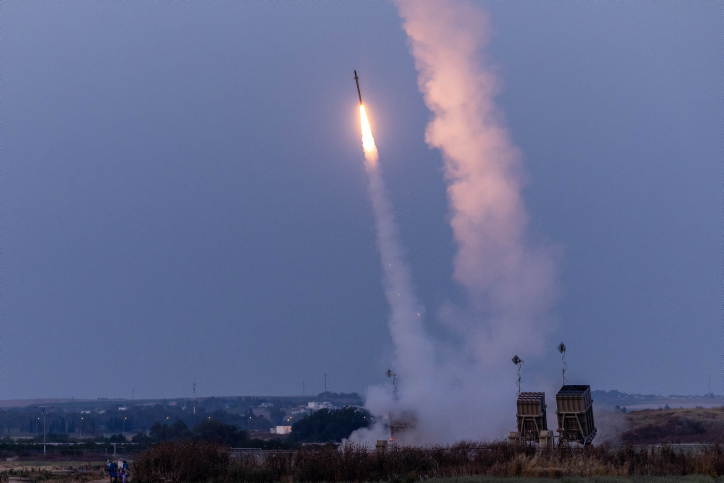
The trouble is that our neighbors don’t know that they, too, are responsible for their families. Our culture clash is so great, that Hamas leaders have told people in interviews that it is the job of the UN and Israel to protect their civilians! The leaders of the Palestinians claim that caring for their own people is not their job!
Conflicts with other people teach us over and over again that we cannot control the choices other people make. Our locus of control is in our own thoughts and our own behaviors, and in how we respond to a given situation. So, for example, if a person is screaming curses at you from his car, you have a few choices: you can choose to get out and escalate the conflict, you can scream curses right back, or you can just keep driving. You have a choice to make regarding your own actions, but you cannot control the person in the other vehicle.
Israel is doing whatever it must to protect its citizens. Any sane country in this situation would do the same; taking responsibility for its own safety. If the Gazans have leaders who do not understand their responsibility to their citizens, that means that they have chosen death for those people.
I am struck by the energy that we have for conflict. Our nervous systems go on high alert and we are pumped up with adrenaline. It’s better than dopamine. As a result, we are often attracted to that high-energy conflict. I have observed this in my own behavior and in my children. Sometimes I feel that the situation is hopeless; that we are doomed to be caught in conflicts forever. We can’t seem to get ourselves to a place where love and joy are so overpowering that they determine your experiences and our interactions.
This is where I am praying for redemption. I’m staring our situation in the face. We have to be able to accept the shadow, like Carl Jung recommended, in order to integrate it and find a way forward. Our world is one where war is still common. People are saying, “Never again is now,” referring to the Holocaust, since we’re done going like sheep to the slaughter, and the Jewish people have a country and an army and we can protect our own.
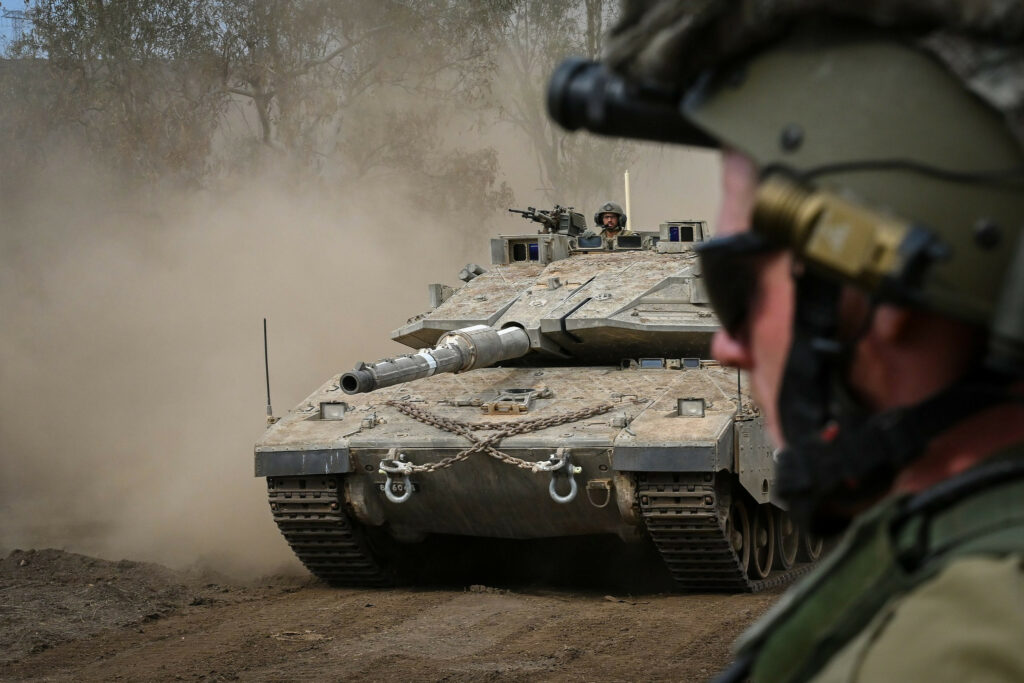
While all of that is true, it is also true that we are living in an unredeemed world, and our enemies still want to destroy us, not only in our country but all over the world. The kibbutzim that were attacked on October 7th were home to many pacifist families. The music festival was full of peace-loving people. Living as though people are already realizing their best selves does not keep you safe– it turns out to be delusional and can end in your demise. So we fight. But we want peace. Our prayers all beseech God for peace.
And we must pray. And we must also do our part to bring about peace. Peace begins at home. The people of Israel have seen a drastic change in unity in the last month plus. After the attacks on October 7th, the country woke up to how much we share, not only in terms of a common enemy– but in terms of our national character. We are brothers and sisters and we all care for one another. We share Shabbat as a day of rest. We share a bond with the Creator of the universe who chose us and gave us this land. One consequence of this war has been a national recognition of all of this.
I think it goes even deeper. Peace begins in our homes. In our own hearts. We cannot run communities that are properly integrating their members when we are not living our lives to the utmost. Every person’s individual responsibility to live life to the fullest is the way to spread peace around our communities and our societies. Ultimately, that will spread to the whole world. Otherwise, we are consumed by our own feelings of jealousy and resentment and feed into our darkest desires for narcissism and sadism. Those feelings spill outward as well, like the bible describes the way hamas filled the world before the flood in Genesis 6.
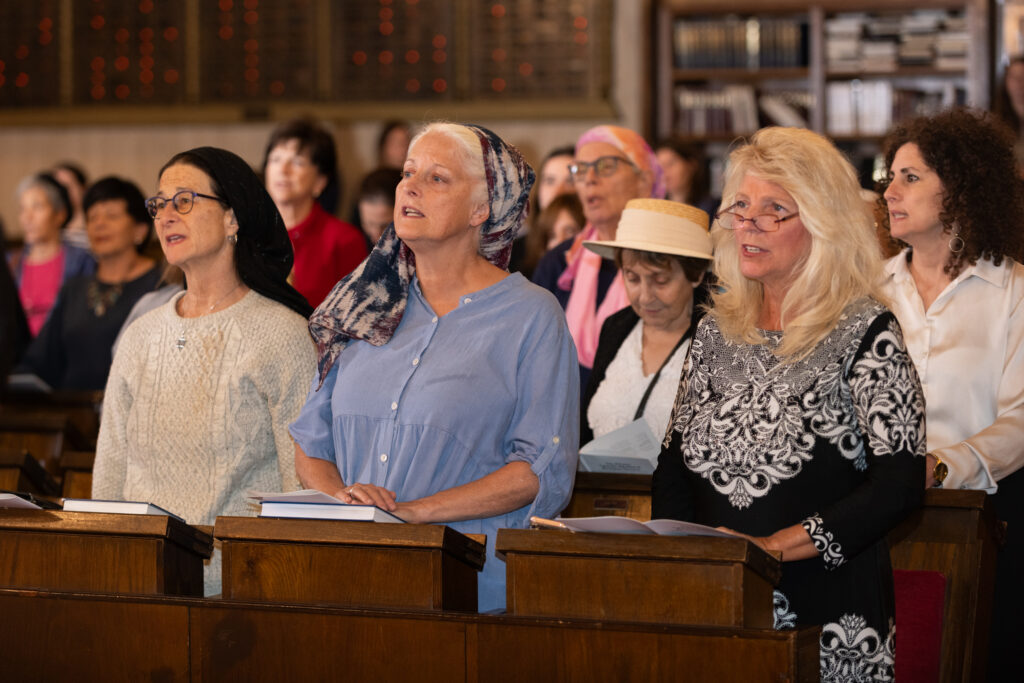
The biblical prophets tell us what a redeemed world looks like. Zecharia 14 describes the scene: The whole world will know that God is the King of the universe. Everyone will know that God is one and His name is one. I see this as another expression of this spreading of Peace. Once the whole world can understand that God is the creator and guides the universe, we don’t have to be resentful of our pathetic lot. Our attitude can be one of gratitude for the blessings that He has graced us with. Our lives can be focused on our responsibilities to God, and towards ourselves and our communities. As Isaiah 11 has it, “In all of My sacred mount nothing evil or vile shall be done; for the land shall be filled with devotion to GOD as water covers the sea.”
It has to begin with our choices. This idea is from the very beginning of the Torah, when God presents humans with two choices: the tree of life, and the tree of knowledge of good and evil, which will bring about death. We chose wrong, and we continue to choose wrong every day. Deuteronomy 30, at the end of Torah, reiterates this point: “I call heaven and earth to witness for you this day: I have put before you life and death, blessing and curse. Choose life—that you and your offspring will live—” Every day, we are given the chance to choose life again. The verse continues, by loving your God, heeding God’s commands, and clinging to [God]. For thereby you shall have life and shall long endure upon the soil that swore to your fathers Abraham, Isaac, and Jacob, to give to them.
Loving God and keeping God’s commandments is our best path forward. They are the way that we can best choose life. May we all merit to see a redeemed world very soon, where people can all see that God is one and His name is one, and wherein people can live in an integrated way with their responsibilities at the forefront of their attention. For only then can we see true peace on Earth.
The post Inner Peace and World Peace appeared first on Israel365 News.
Israel in the News